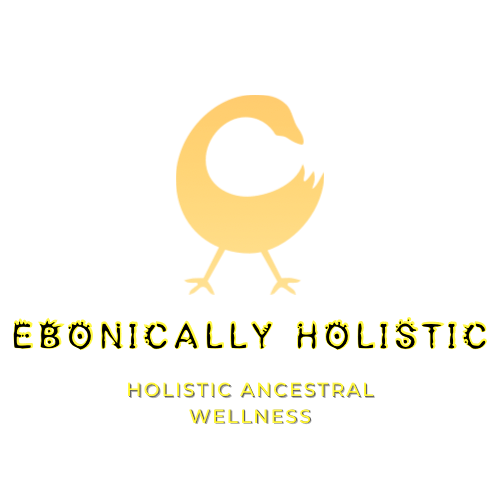Allow Me to Reintroduce Myself: Ìyàwó Ẹ̀gúngúnkanyíṣọ́lá Oyatalade
I’ve been told for quite some time that I was meant to initiate into the Egungun Priesthood. The call has echoed through my spirit, whispered in dreams, affirmed by elders. This year, the opportunity finally presented itself.
Yet, the path was not without weight. Just a week before my initiation, my father transitioned. In the midst of grieving, I was also gathering funds, arranging travel, and preparing for what would be the most significant spiritual threshold of my life. At first, I saw only difficulty. But once I asked my ancestors for their support, the entire process was made smooth. What once felt heavy became light, and everything was met with ease.
I don’t believe it was a coincidence that my father crossed over just before I stepped into initiation. Initiation is a birth. It is a rebirth. For me, it was a passage out of the womb, specifically the womb of Oshun, the deity of the Ile I am part of. My father’s transition and my rebirth are threads of the same weaving: a story of endings, beginnings, and continuance.
My Lineage
This tradition is rooted in New African Vodun, I walk under the guidance of my godmother, Thee Iyalosha Osunyemi Akalatunde @got2boshun, whose medicine and leadership have nurtured me on this path.
New African Vodun holds ancestral remembrance at its core. It is a living tradition, one that honors the primordial forces while recognizing the realities of our diasporic existence.
On Egungun
To walk into Egungun initiation is to step into a covenant with the ancestors themselves. Egungun are not just remembered spirits of the past, they are primordial forces, living continuities of wisdom and protection. They are the breath of lineage made visible.
And it is no coincidence that this is the heart of my path. The ancestors have always been the foundation of my work. They are the altar I return to, the voices I carry forward.
Oya, as mother of the Egungun, governs the very winds of transformation. She teaches that death and change are not endings, but portals. It is through her that the Egungun rise, reminding us that memory is not behind us—it is alive within us.
Iyàwó: The Newly Woven
As part of this journey, I carry the title Ìyàwó, which means “bride” or “newly woven.” It marks the moment when one steps freshly into initiation… joined, bound, woven into covenant.
My name, Ẹ̀gúngúnkanyíṣọ́lá Oyatalade, means “The ancestors have added to my wealth of honor.” This wealth is not measured in material things, but in medicine: in ancestral wisdom, sacred rituals, and spiritual clarity.
This initiation required surrender. Yes, there was anticipation. Yes, there were fears. All of these things were very real. But I said yes because generations of my bloodline could not. I said yes because this is a continuation of the root of who I am and where I come from.
The Work Ahead
There are many things that are awo—mystery—so there are details I cannot share. What I can share is this: initiation is not a conclusion, but a beginning.
My responsibilities now deepen. I am called to preserve ancestral balance, to carry forward the work of the Egungun, and to embody their presence through my service. This means my offerings, my healing work, and the way I show up for my community will grow even more rooted in ancestral medicine.
An Invitation
I invite you to reflect on your own ancestral connections. Who are the voices that walk with you? What memories live in your bones? How might you honor them. Not only through ritual, but through the life you live every day?
We are living altars. Every choice we make, every offering of breath and action, is a prayer back to the lineage.
This is why I wrote my book, You Are the Altar. It is a testament to this truth: that remembrance is not abstract, it is embodied.
Available for purchase on Amazon. Linked below.
Initiation has taught me that to live is to remember, and to remember is to heal. I return from this threshold carrying medicine—not just for myself, but for all who walk this path with me.
May we live as altars. May we honor the Egungun. May we continue the work our ancestors began.
